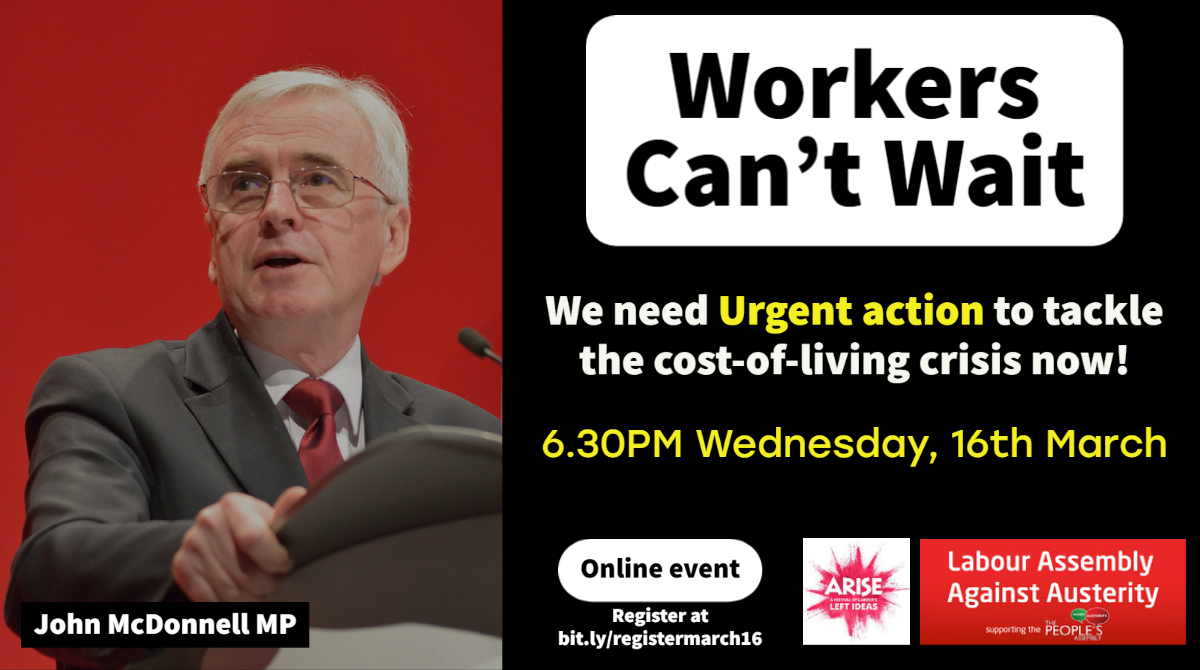George Osborne’s latest Budget includes the threat to implement greater austerity measures in the next Parliament, than has been done in any single year to date. It is important to correctly identify this ferocious plan.
The average annual change on public sector current expenditure over the course of this Coalition government has been 2.4% (Table 4.18, OBR Economic and Fiscal Outlook) per year. The announced cuts for 2015-16, starting ahead of May’s election, were somewhat lighter at 1.4% but in the next two financial years following that, 2016-17 and 2017-18 Osborne has pencilled in cuts of 5.8% and 5.4% respectively.
These are ferocious cuts and Osborne for electoral reasons refuses to identify where they will be delivered. He may also struggle to identify them economically and politically – the low-hanging fruit of ‘easy cuts’ such as the switch from RPI to CPI have already been made.
Osborne’s planned cuts represent a significant threat to the living standards of the overwhelming majority in Britain and should be opposed at every turn.
But there is also a confusion that has been introduced following the commentary from the Institute for Fiscal Studies who said, ‘Our latest estimates suggest that Labour would be able to meet its fiscal targets with no cuts at all after 2015-16.’
This arises because the assessment of the budget deficit is slightly better going forward and because Labour has made less onerous pledges on the deficit, and has not copied the Tories’ disastrous intention to cut public investment even further.
But this still means that the current intention is to match Tory plans in 2015/16, which are further cuts of 1.4% in current public spending in the 2015-16 financial year, beginning this week.
The IFS assessment is itself based on a key fallacy promoted by all supporters of austerity. In effect, they argue that cuts work. But they do not. Osborne said he would have eliminated the ‘structural deficit’ by now and be close to eliminating the actual deficit. But the OBR says the deficit will be £90bn in this financial year.
The Tories inherited a deficit of £153bn because of the crisis. But the fall in the deficit has almost nothing to do with austerity policies. Of the total £63bn decline in the deficit the overwhelming bulk has come from falling debt interest payments and the cuts to public sector investment. The former is a product of global economic weakness and QE, while no-one, not even government ministers argue that cutting investment will provide an economic benefit (and are not strictly part of austerity, which is meant to focus on government current spending). Only £10bn of the fall in the deficit arises from austerity measures, just £2bn a year.
A Labour government implementing milder, less extreme austerity measures would quickly find the same result as the extremist Tories; that the cuts are not leading to a lower deficit because they produce renewed economic weakness. It is simply that the effect would be milder. If the priority is the deficit and the instrument is cuts, Labour will find itself returning again and again to cuts.
The confusion on this matter seems to be nearing an extreme with lawyerly arguments that Labour is not going to implement cuts at all, or that where it is, it is only because they are inescapable under the pressure of the fiscal timetable. This is nonsense.
Osborne will not implement any measures ahead of May 7th for fear of the voters learning about them. Labour could take a leaf out of the Tory book, and have an ‘emergency budget’ in June to revive the economy through increased investment and a drive to lift living standards.
To take just one example, the British government can now borrow for 10 years at interest rates of less than 1.5%. At the same time the OECD estimates that the public return to investment in tertiary education is 35%. The government could literally borrow to expand higher education, grow the economy and reduce the deficit at the same time.
The same logical applies to a host of economic sectors. Austerity is not just bad politics, limiting Labour’s advantage over the Tories it is also very bad economics. Breaking with it would not only ensure a Labour majority government but also produce a genuine recovery that lifts living standards for the overwhelming majority.
By Michael Burke



0 Comments